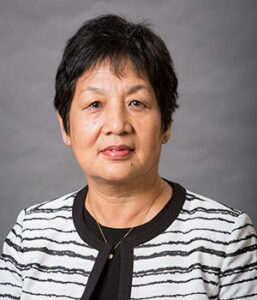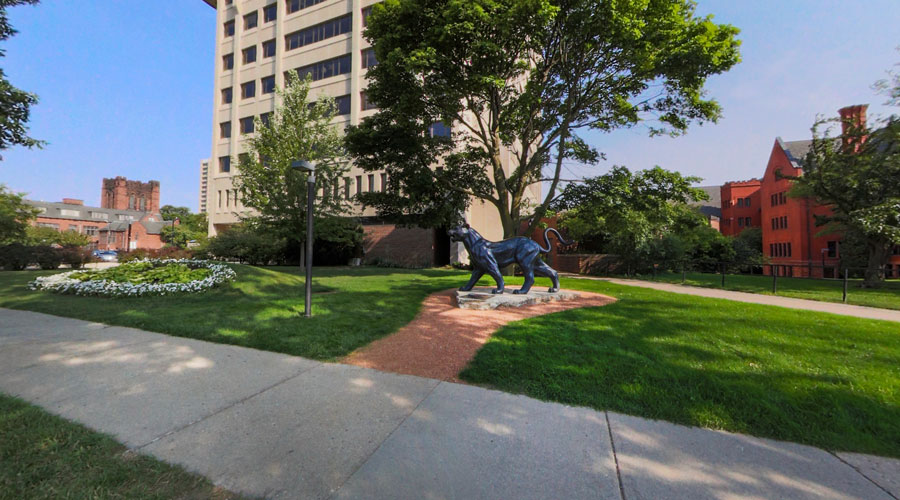Racial and Social Justice in Education Certificate
School and community leaders increasingly seek to address racial and social justice challenges in classrooms, organizations, schools and neighborhoods.
Program Type
Graduate Certificate
Program Format
On Campus, Online
Why Choose Our Program?
- Diverse faculty with deep understanding of racial and social justice.
- Diverse student body from a wide range of educational and community backgrounds.
- Unique focus combining education and community contexts.
- Flexible program tailored to student interests.
- Available fully online, partially face-to-face/hybrid, and on evenings and weekends.

A wide range of organizations are looking for people with the knowledge to improve equity.
But many do not fully understand the histories of racial and other oppression in the United States, or the ways social, economic and other forces continue to harm people from different groups.
In the Racial and Social Justice in Education program, you will join a diverse group of students who are working together to make sense of these challenges and develop strategies to address them. Our highly qualified faculty will guide you on this journey.
Students Will Learn
- The history and sources of racial and other oppression in the United States.
- How these oppressive forces affect schools and communities today.
- Strategies to confront and change structures, attitudes and patterns.
The Certificate Can Be Completed
- Fully online.
- Mostly face to face/hybrid (evening and weekend classes).
- In combination.
Lower Tuition Option for Online Out of State Students
Are you an online, out of state student? Out of state graduate students who take online courses (only) within the department are charged a “fee-in-lieu-of-tuition” that is largely the equivalent of in-state tuition. So, if you are out of state and are interested in attending the Racial and Social Justice in Education program online, don’t let the out-of-state tuition cost stop you from applying.
Program Requirements
Admission Criteria
- You must complete a bachelor’s degree prior to admission, have a minimum 2.75 cumulative undergraduate grade point average, and declare your intent to pursue the certificate before completing six credits in the certificate sequence.
- If you have a graduate degree, you must have a minimum 3.00 graduate grade point average.
- If you are not already admitted to the Graduate School, you must complete the UWM Graduate School Online Admission Application. Select “Graduate courses for personal/professional enrichment” as your reason for applying.
- Associate Professor, Educational Policy and Community Studies
- Program Director, Alternative Education
- rfarhin@uwm.edu
- Enderis Hall 523
- Associate Professor, Educational Policy and Community Studies
- kalyanir@uwm.edu
- 414-229-2587
- Enderis Hall 519
- Professor, Educational Policy and Community Studies
- Department Chair, Educational Policy and Community Studies
- Program Director, Community Engagement and Education
- Program Director, Cultural Foundations of Community Engagement and Education
- schutz@uwm.edu
- 414-229-4150
- Enderis Hall 553
- Professor, Educational Policy and Community Studies
- swaminar@uwm.edu
- Enderis Hall 557
- Associate Professor, Educational Policy and Community Studies
- jtapia@uwm.edu
- 414-229-5261
- Enderis Hall 563
- Teaching Faculty III, Educational Policy and Community Studies
- atroiano@uwm.edu
- 414-229-4724
- Enderis Hall 529







